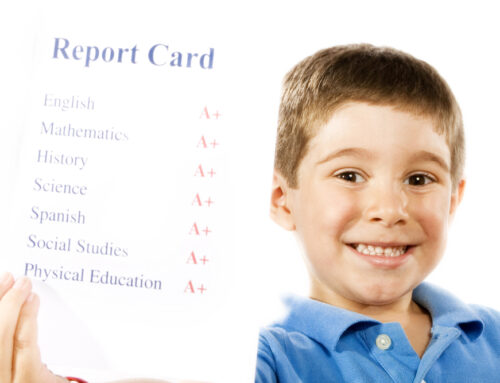I don’t know about you, but where I live it’s still cold. Spring has definitely not sprung. And yet, I know summer is just around the corner. When I was in high school, it was a given I’d have a summer job. I worked at a fast food restaurant, a farmer’s market and an overnight summer camp. When my kids were in high school, they too worked as camp counselors, but also attended theater and rowing camps, volunteered with a soccer program for kids with disabilities and earned scuba diving certification.
No matter your circumstances, you are going to have 10-12 weeks to fill this summer. In an article for the College Essay Guy website, educator, consultant and curriculum writer Andrew Simpson outlines the five ways to spend your high school summer.
- A Pleasant Summer – travel, get out of your room and into nature, or just keep doing the thing you love, but do it more.
- An Engaged Summer – read some articles, watch some TED talks, or learn a foreign language.
- A Relational Summer – spend time with family and friends, join an in-person class, or find a group of people with shared interests.
- A Meaningful Summer – do one good deed a day for 30 days and blog about it, raise money for a worthy cause, volunteer for a not for profit organization or a campaign.
- An Accomplished Summer – take an online course in something that fascinates you, a class at your local community college, or, if you’re a rising senior, set a goal to write your college essays before school starts up again.
Okay, but what about that summer job or internship? These are great options and encompass many of the five types of summers listed above. For example, you could work or volunteer at an animal shelter and create a Pleasant (who’s not happy around puppies?), Relational (you’ll be working with other animal lovers) and Meaningful (helping animals find good homes) summer. Or, perhaps, you need to work in your family’s restaurant. You could create an Engaged (learning or improving communication skills) and Relational (nothing like working with family to form those bonds) summer.
If you’re looking for ideas, check out Cool Summer Options for Students, a list compiled by my former teacher and Independent Educational Consultant Kristina Dooley. Another source is TeenLife, which allows you to search for specific programs using criteria such as category, location, session length and cost.
No matter what you do, try to carve out some time for doing what you love, whether that’s white water rafting or lying in a hammock, reading a book. Because, before you know it, summer will be over and school will be calling your name.






